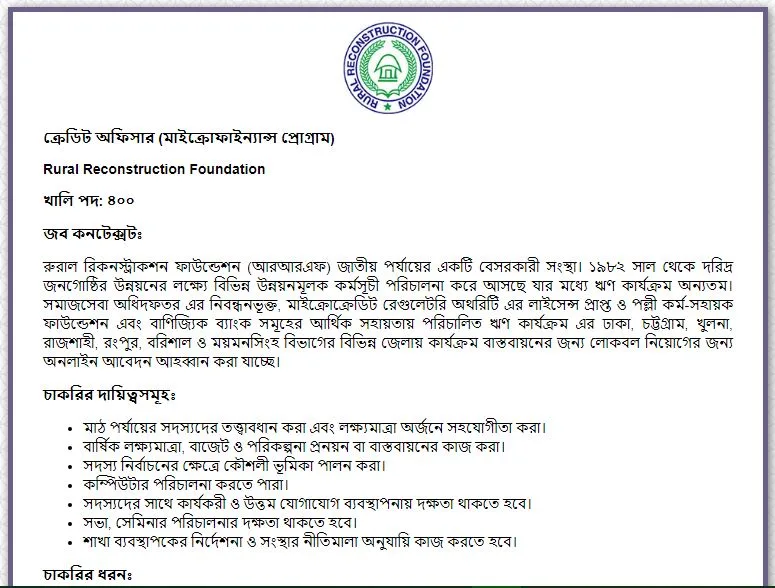
Bid Adieu to Allergies: Comprehensive Strategies to Alleviate Allergy Symptoms for a Sneeze-Free Life
Introduction
How to Stop Allergies Immediately. Allergies are the immune systems overreaction to harmless substances, such as pollen, pet dander, dust mites, or certain foods. These reactions can lead to a plethora of symptoms including sneezing, runny nose, itchy eyes, and even rashes or difficulty breathing. For many, the arrival of spring signals the onset of the dreaded allergy season, but relief is within reach. In this article, we’ll explore various strategies to help you combat allergies and regain control of your life.
1. Identify and Avoid Triggers
The first step in managing allergies is to identify the specific substances that trigger your symptoms. This can be done through allergy testing. Once you know your allergens, minimize exposure to them as much as possible. Keep your living spaces clean and dust-free, avoid pets with fur if you’re allergic, and steer clear of areas with high pollen counts during peak seasons. If you can’t completely avoid your triggers, consider wearing a mask or using air purifiers to reduce the presence of allergens in your environment.
2. Over-the-Counter Medications
Antihistamines are commonly used to treat allergies by blocking the release of the chemical histamine, which the body produces in response to an allergen. Look for non-drowsy formulas to combat sneezing, itching, and runny nose. Decongestants can help reduce swelling in the nasal passages, making it easier to breathe. For eye allergies, over-the-counter eye drops can provide quick relief from itching and redness.
3. Immunotherapy
If your allergies are severe or if medication isn’t providing enough relief, consider immunotherapy. This treatment involves exposing the body to small amounts of the allergen over time to build up tolerance. It can be administered through shots or sublingual tablets and is often effective for long-term relief from allergies to pollen, dust mites, mold, and pet dander.
4. Corticosteroids
Nasal sprays containing corticosteroids can be highly effective in reducing inflammation and swelling in the nasal passages. These medications are available by prescription and can provide significant relief from nasal congestion and other allergy symptoms. However, they should be used as directed and not for long periods without consulting a doctor due to potential side effects.
5. Natural Remedies
Some natural remedies may provide relief from allergy symptoms. For instance, saline nasal sprays can help clear out allergens and soothe irritated nasal passages. Herbal supplements like butterbur or stinging nettle have been shown to reduce symptoms in some studies, and honey can help build immunity to local pollen. Always consult with your doctor before starting any new supplement regimen.
6. Dietary Changes
Certain foods can exacerbate allergy symptoms. Consider reducing your intake of dairy products, as they can increase mucus production. Additionally, a diet rich in omega-3 fatty acids, vitamin C, and other antioxidants can help support your immune system. Some studies suggest that consuming foods rich in probiotics can also help with allergies.
7. Regular Exercise
Physical activity can boost your immune system and reduce stress, which can help alleviate allergy symptoms. However, it’s crucial to time your workouts wisely. Exercising outdoors during peak allergy seasons may expose you to more allergens. Instead, opt for indoor workouts or exercise early in the morning or late in the evening when pollen counts are lower.
8. Sleep Hygiene
Since allergens like dust mites and pet dander can disrupt your sleep, ensure your bedroom is a haven for rest. Use hypoallergenic bedding, wash your linens in hot water weekly, and keep pets out of the bedroom. Additionally, maintain a consistent sleep schedule to allow your body to repair and replenish its defenses against allergies.
9. Stress Management
Stress can worsen allergic reactions, so incorporate stress-reducing activities into your daily routine. Practice yoga, meditation, or deep-breathing exercises to help keep your body and immune system in balance.
10. Stay Hydrated
Water helps to thin mucus, making it easier to expel from the body. Keeping your nasal passages moist can also prevent the buildup of allergens. Drink plenty of water and consider using a humidifier during dry months to maintain optimal hydration.
11. Professional Cleaning
Hire professional cleaners who specialize in allergy relief to thoroughly clean your home, including carpets, curtains, and upholstery. This can significantly reduce the number of allergens lurking in your living spaces.
12. Regular House Cleaning
Maintain a clean home by vacuuming frequently, using a HEPA filter, and dusting with a damp cloth. This can help keep dust mites and other allergens at bay.
13. Limit Outdoor Time
During peak allergy seasons, limit your time outside when pollen counts are high. Check the local weather forecast for pollen counts and plan your outdoor activities accordingly.
14. Protective Measures
When you must go outside, wear a hat and sunglasses to keep pollen out of your eyes and hair. Change your clothes and shower when you come back inside to wash off any allergens that may have clung to you.
15. Medication Compliance
If you’re prescribed medication for your allergies, take it as directed. Don’t skip doses, even if you feel fine, as this can lead to a resurgence of symptoms.
16. Seek Professional Help
If your allergies are severe or if the above strategies don’t provide sufficient relief, consult an allergist. They can offer personalized treatment plans, including prescription medications, immunotherapy, or even referral to a dietitian for specific dietary advice.
Conclusion
While allergies can be a nuisance, they don’t have to control your life. By identifying and avoiding triggers, utilizing medications and natural remedies, and making lifestyle changes, you can significantly reduce your symptoms. Remember, if your allergies are causing distress or impacting your quality of life, it’s always wise to consult a healthcare professional for tailored advice and treatment options. With the right combination of strategies, you can enjoy a sneeze-free, allergy-free life.


 প্রতিনিধির নাম
প্রতিনিধির নাম 















